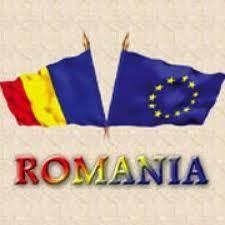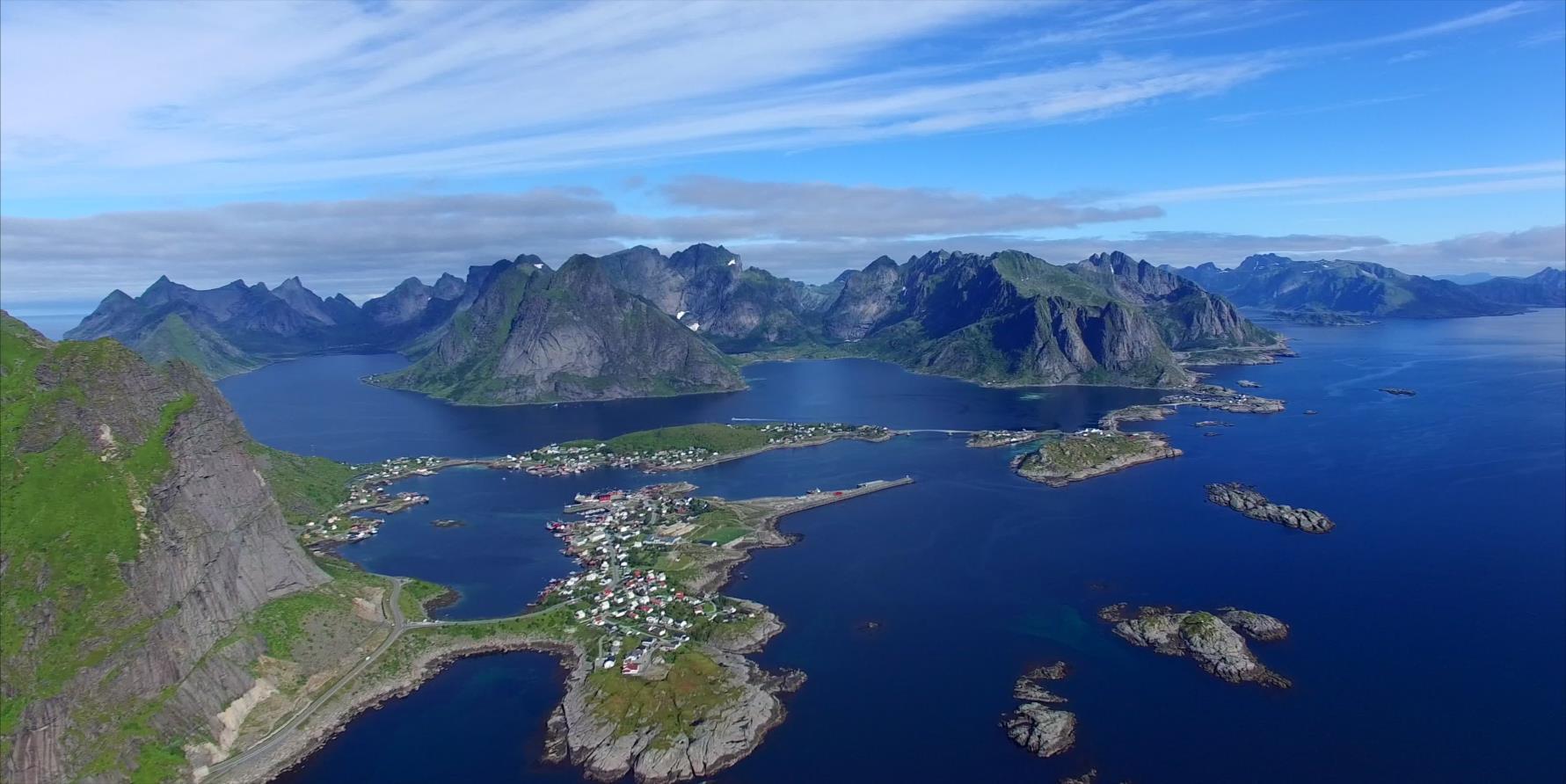The European Road to Light


































Since May 26, 1986, the twelve star blue flag, adopted in 1955 by the Council of Europe, officially becomes the flag of European Community.



























been a milestone for the country's reforms and economic development, after a difficult and long period of transition.


European Students: Responsible, Emotionally Intelligent and Useful Project Nr: 2020-1-RO01-KA229-080403
For Romania, EU accession has been the main event of the last 2 decades, with a special economic and social burden: increasing the quality of life and economic modernization.
The sustainable development expected after the integration meant “ensuring a sustainable growth rate, necessary and sufficient to reduce Romania's gaps compared to the EU average; increasing the quality of life, reducing poverty and improving health; maximizing the effects on a unit of resource consumption, in general, and of integration costs, in particular, on the medium and long term horizon ”














The European Union is an international organization composed of 27 countries or states under common economic, security and social policies. The Erasmus+ is the programme that supports training, education, youth and sport in Europe and, it can also be said, the academic tool to foster European identity in each of the 27 member countries. The singularities of every member country are huge, but when traveling to them, one realizes that those specific traditions or customs have certain similarities to your own homeland.
Nowadays, every single country has a wide diversity of cultures which provide richness to the state and, for extension, to the Union itself. Identity and flags are symbols that provoke certain tensions in different states, however, it is wiser to take advantage of our differences and use them to become more inclusive. Discrimination and intolerance only generate barriers and hate, and the European Union is precisely an organization that goes beyond these physical and mental boundaries. With the Erasmus+ programme and the mobilities, students can live and study for a week somewhere in Europe. This experience is unique for them as it is a way to understand the importance of the Union. When they travel, they do not only feel the roots of their national country, but the roots of the visiting one, which embraces them with a warm welcome and bids farewell as if they were a new brother or sister. We all should take the European road to apprehend the singularities and common customs of each country and scatter what is apprehended as if it were a seed of general knowledge. As Europeans we should boost and support the idea that our differences make us unique.


All rights reserved. No part of this publication may be reproduced, in any form or any means, without permission in writing from the authors. The European
is not responsible for any uploaded or submitted content. The content reflects the views only of the European Commission cannot be held responsible for any use which may be made of the information contained therein.





• Italy has been one of the founding countries of the European Union since 1951, when together with Belgium, France, Germany, Luxembourg and the Netherlands signed the Treaty of Paris establishing the European Coal and Steel Community (ECSC).



On 25 March 1957, our country hosted a key event for the process of European integration, namely the signing, in Rome, of the Treaties establishing the EuropeanEconomic Community (EEC).


• In the middle of the Second World War, Altiero Spinelli and Ernesto Rossi, at the border on the island of Ventotene, write the Manifesto For a free and united Europe, which lays the foundations for theprocessof unificationof Europe.






• The Conference is held in Messina, which lays the foundations for the Treaties of Rome. After the failure of the European Defence Community, the six Ministers of Foreign Affairs of the ECSC defined the “European relaunch” and decided to pursue economic integration, accepting the idea of a common market and approving the creation of a EuropeanAtomicEnergyCommunity.








• In Stresa, the founding countries decide on the broad outlines of the future common agricultural policy (CAP), which will then be operationalfromJanuary1962.





• The European Council meeting in Rome shall decide on the election of the European Parliament by universal suffrage.




• In Milan, the European Council approved the Commission’s White Paper on the Internal Market and decided to set up an intergovernmental conference to examine the possibility of institutional reform.




• 60th anniversary of the signing of the Treaties of Rome. The Heads of State and Government of the 27EUcountriessignthe “RomeDeclaration”




EU is an economic and political union of countries
works towards common goals
states remain independent
is pooled to gain strength and influence
is the world’s largest economic area
is based on a number of international
states
When European countries started to cooperate economically in 1951, only Belgium, Germany, France, Italy, Luxembourg and the Netherlands participated. Over time, more and more countries decided to join.
The Union currently counts 27 EU countries. The United Kingdom withdrew from the European Union on 31 January 2020.


It defines European Values as personal freedom, human dignity, solidarity, active civil society, market economy, democracy and rule of law.
The motto of the Union is 'united in diversity'. Like the other symbols, the motto clearly highlights the sense of European identity that is the birthright of every citizen of the Union, over and above the actual European Union.
Freedom is also clearly a European value, as are intellectual curiosity, respect for others, tolerance and solidarity.
Nonetheless, European Union initiatives in the field of culture are not widely known. Two concepts are key in the study: diversity in the face of globalisation and cultural exchange.
The EU has delivered more than half a century of peace, stability and prosperity, helped raise living standards and launched a single European currency: the euro. More than 340 million EU citizens in 19 countries now use it as their currency and enjoy its benefits.
The European Council sets the EU's overall political direction – but has no powers to pass laws. Led by its President - currently Charles Michel - and comprising national heads of state or government and the President of the Commission, it meets for a few days at a time at least twice every 6 months.
The EU's trade policy treats LDCs differently than other developing countries, by giving LDCs better access – full free access. That gives LDCs more space to export to the EU than bigger, emerging economies –giving them a better chance to grow.
According to the European Union's official website, the union's purpose is to promote peace, establish a unified economic and monetary system, promote inclusion and combat discrimination, break down barriers to trade and borders, encourage technological and scientific developments, champion environmental protection.
Young people can study or pursue personal development in other European countries with the support of the EU’s Erasmus+ programme for education, training, youth and sport.


What do you think is the most visited attraction in Europe? The Colosseum? The Eiffel Tower? Disneyland?


Although there are more than 3,000 types of mosquitoes in the world, Iceland doesn’t have any at all. Amazingly, Iceland is believed to be completely clear of any mosquitoes, thanks to the cold temperatures and lack of shallow ponds that mosquitoes love. So if you’re prone to mosquito bites, you better head to Iceland!

Over 800 tones of chocolate is sold every year at the airport.

Did you know there’s a penguin more aristocratic than you? One of our favorites fun facts about Europe is that Scotland’s Edinburgh Zoo is home to a knighted penguin named Brigadier Sir Nils Olav III. He’s the mascot and colonel-in-chief of the Norwegian King’s Guard and he’s the third king penguin to serve. The first Sir Olav penguin served between 1972 and 1987.

Standing at 222 metres long, 152 metres wide, 137 metres tall, and with a capacity for 60,000 people, this is not only the largest church in Europe but the whole world.
With dozens of unique cultures and countries across Europe, there are over 200 languages spoken on the continent, although only 24 are recognized as the official languages of the European Union. Of the 24, three are designated as “procedural” languages, including English, French and Germany.

Norway’s coastline is the longest in Europe and the second-longest in the world (after Canada). It’s over 100,000 kilometers long and you’re sure to have some amazing adventures exploring this Scandinavian coast.

La Sagrada Familia is taking longer to build than the pyramids
Antoni Gaudi’s enchanting La Sagrada Familia in Barcelona is a true architectural masterpiece… While the extraordinary ancient pyramids of Egypt were constructed in 85 years, La Sagrada Familia has been under construction for the past 138 years. Construction first began on the famous basilica in 1882 Barcelona is aiming to complete it by 2026, for the 100th anniversary of Gaudi’s death.

In Bosnia and Herzegovina, the Perućica Rainforest is a tentative UNESCO World Heritage Site and one of the most precious green lungs in Europe.
Turkey is negotiating its accession to the European Union as a member state, following its application to accede to the European Economic Community, the predecessor of the EU, on 14 April 1987.
After the ten founding members, Turkey was one of the first countries to become a member of the Council of Europe in 1949. The country was also an associate member of the Western European Union from 1992 to its end in 2011.
Negotiations for full membership were started on 3 October 2005.
Free movement of people across the EU will give many Turkish people the opportunity to travel to other parts of Europe in search of work, or a higher standard of living.
Upon accession to the EU, Turkey will receive economic development aid. There is also an expectation that there will be an increase in European foreign investment in the Turkish economy, further driving economic growth.
Given Turkey's large and growing population, Turkey will have a correspondingly large representation in the European Parliament. This will give Turkey a strong direct influence over EU policies.


